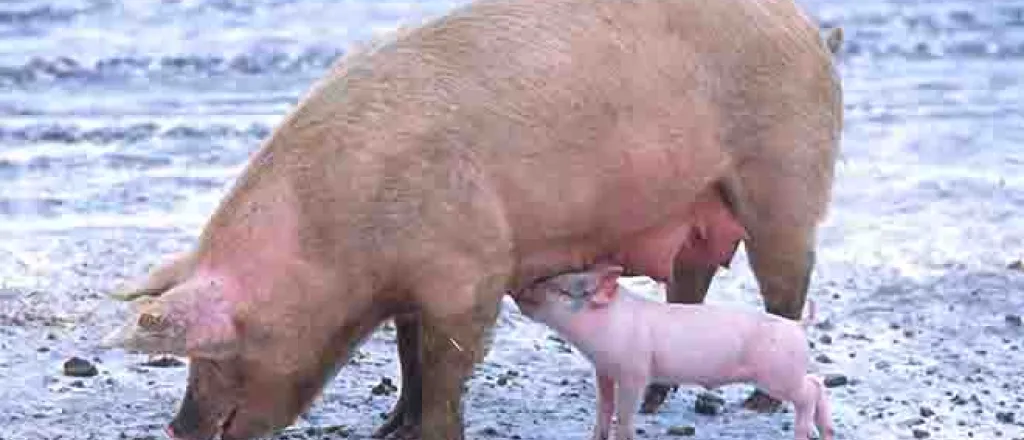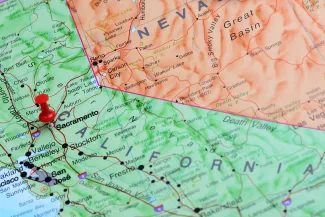
How meat industry shapes U.S. politics and vice versa
Click play to listen to this article.
(California News Service) Agribusiness has spent $500 million so far to lobby for changes to the next farm bill - in particular to invalidate a California law that bans extreme-confinement veal calves, breeding pigs and egg-laying chickens. Proposition 12, passed in 2018, also requires meat raised elsewhere but sold in California to meet that standard.
Sean Thomas, international director of investigations for the nonprofit Animal Equality, said the Farm Bill proposed by the House Agriculture Committee includes language similar to the EATS Act, which would repeal Prop 12.

"Prop 12, it was overwhelmingly passed in a democratic process by the majority of Californians, and the EATS Act seeks to undermine that and take away any state's ability to just have these most basic, basic standards for the welfare of animals," he said.
Supporters of the EATS Act argue that California's rules are hurting agriculture in other states. The meat industry also lobbies in favor of protein requirements in school lunches and subsidies for livestock operations and dairies. According to the website Open Secrets, meat companies have made more than $27 million in political contributions since 1990.
The government needs to conduct strong oversight of factory farms to guard against pollution in the air and water, Thomas contended.
"If we think of a large-scale industrial pig farm, the amount of waste that it produces is similar to that of a small city. These are farms that are so concentrated with animals that they have open-air lagoons that regularly leach chemicals of these waste products into groundwater," he continued.
The meat industry also funds training courses aimed at social media influencers and students that teach talking points on how to downplay the harms of industrial agriculture.

















